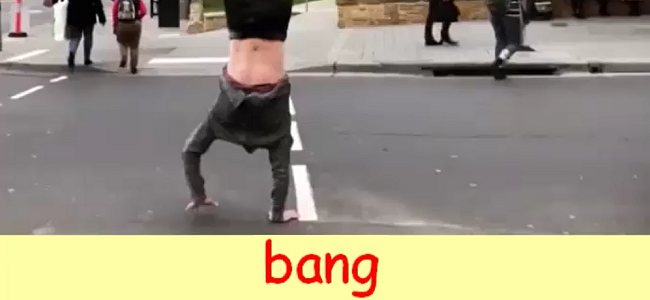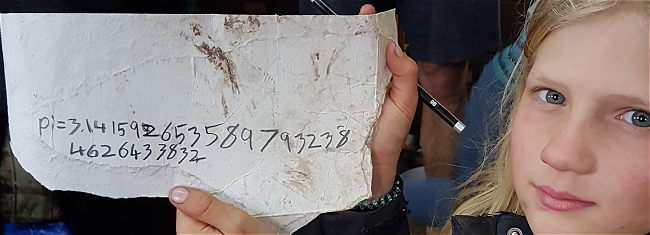In the time that I was teaching, those who touched me most were the very bright students who were held back from what they wanted to do in life by their reading and spelling ability, or lack of it – 11 to 18-year-olds. These were often bright students who hate reading. What would have helped them when they were younger so they would never have had to come to me? What would have helped them to be able to perform at their ability level and take advantage of the opportunities that came their way? They were the ones who kept me going.
They were the youngsters who did not have the skills to read at the level and speed that they needed. They were not the ones with the skills but who were switched off because they were bored with the texts and tasks, or those who were just overwhelmed by the density of words. These bright students who hate reading were the ones who had missed out on the basics.
Unfortunately, it is very hard to engage students with the basics when they are older, especially if you can’t afford a tutor. What can parents do to help a student who is being left behind?
Now I have a 9-year-old grandson who, despite his significant progress since his breakthrough in April, is still a reluctant reader who is slow and has to work hard. He loves being read to, but not reading himself.
“Grandpa, do you know what pi is?”
“3.14 or 22/7.”
“No it’s …” and proceeded to write it down to 28 decimal places from memory. “I haven’t learned any more yet.”
How can I entice him to engage and reinforce the basics of reading and spelling?
Here is my latest attempt. I hope it helps others too. He would have done much, or at least some, of the early parts of the video when he was younger – memory aid for the sound of the letter combination, reading and writing/tracing it, visual, auditory, kinaesthetic, rhythm and rhyme … But they are still worth checking and/or revising.
The “bang” video is new*. How many times will he replay “bang” to watch the video and, in the process, reinforce basic phonics skills without really even noticing, and enjoy it at the same time?
Then I added a list of similar videos, plus games, to encourage him to dip into the higher levels of Gilead Success with Phonics independently. The ones that split words into syllables are particularly helpful for bright students who hate reading at about my grandson’s age, because I found that that was the area that caused greatest difficulty for my Year 11 and 12 students. If only they had had this sort of help years earlier. Click here to get the list.
If anyone has an earlier version of Gilead Success with Phonics that does not contain any or all of the videos on the list, please contact me to arrange an exchange for the latest version.
This time I am sure that I have finished Gilead Success with Phonics even if my grandson’s older brother produces any more hilarious videos.
* Video adapted from “Wait until the end.” Used with permission.






{ 0 comments… add one now }